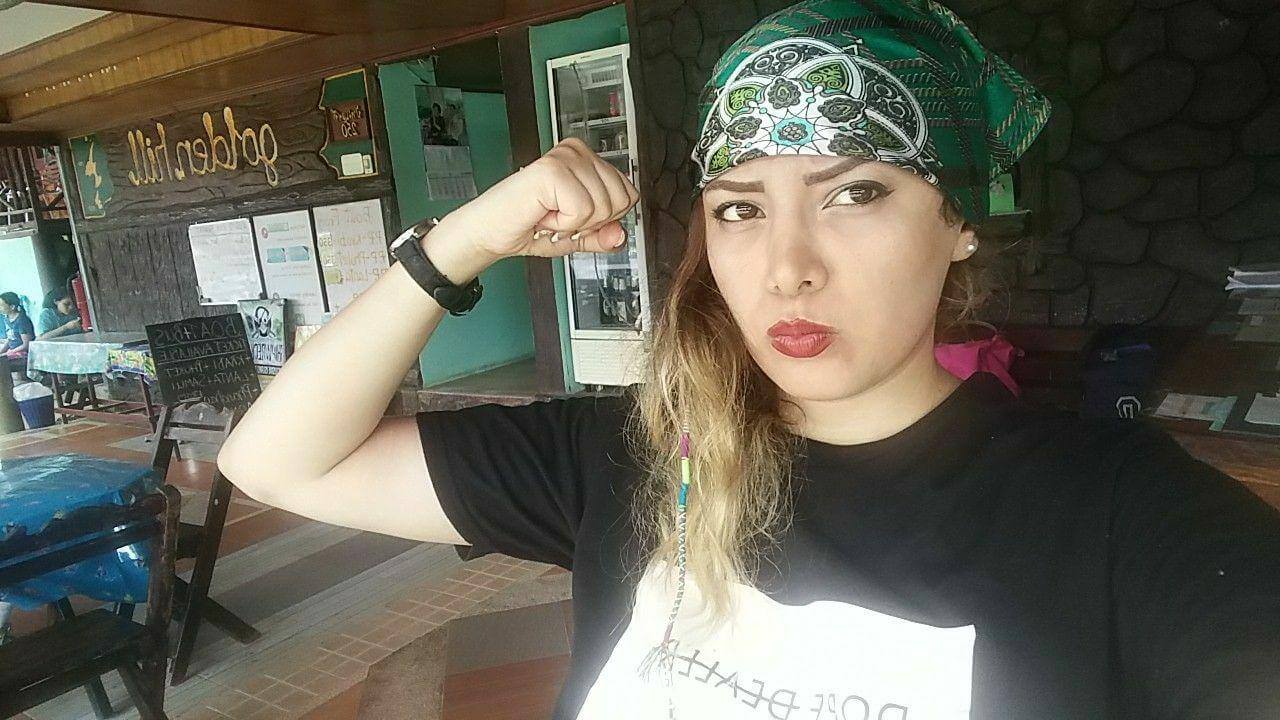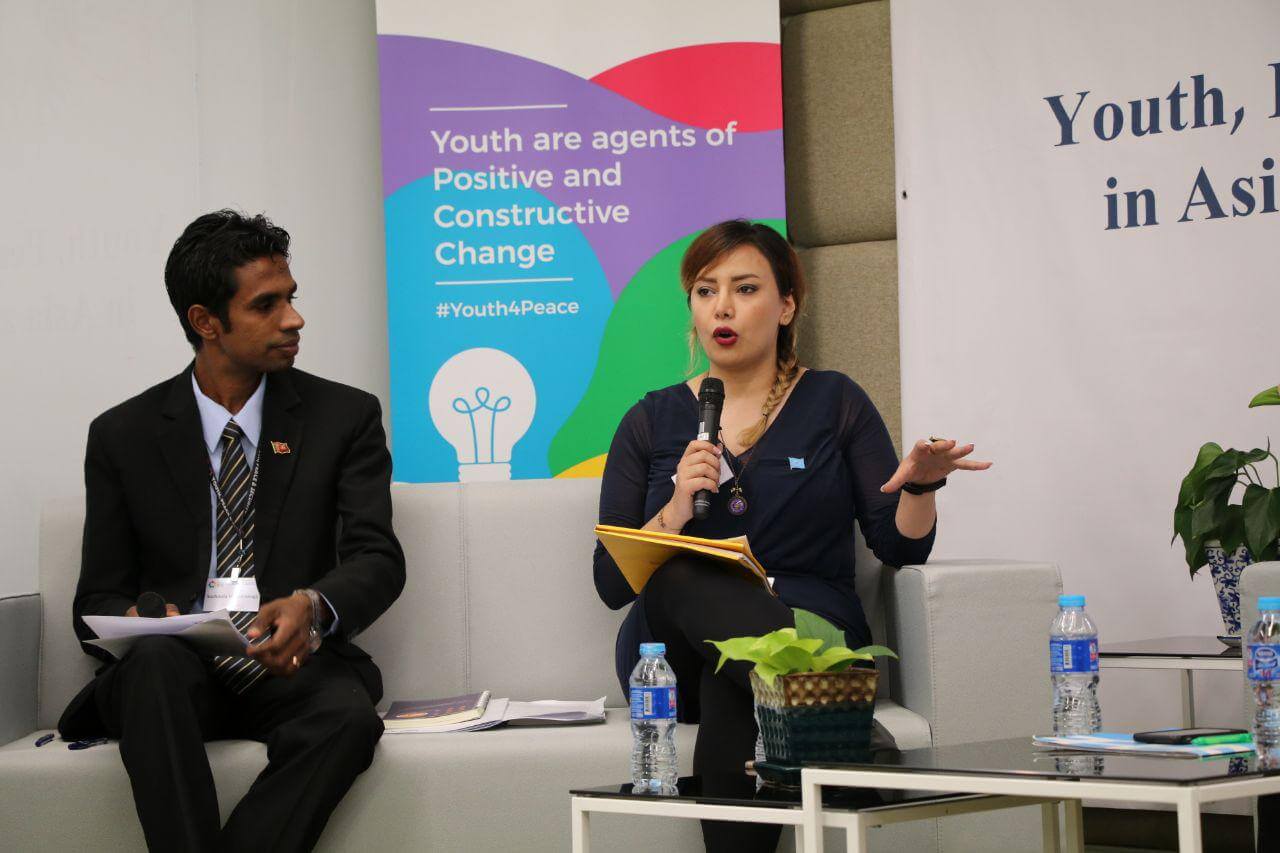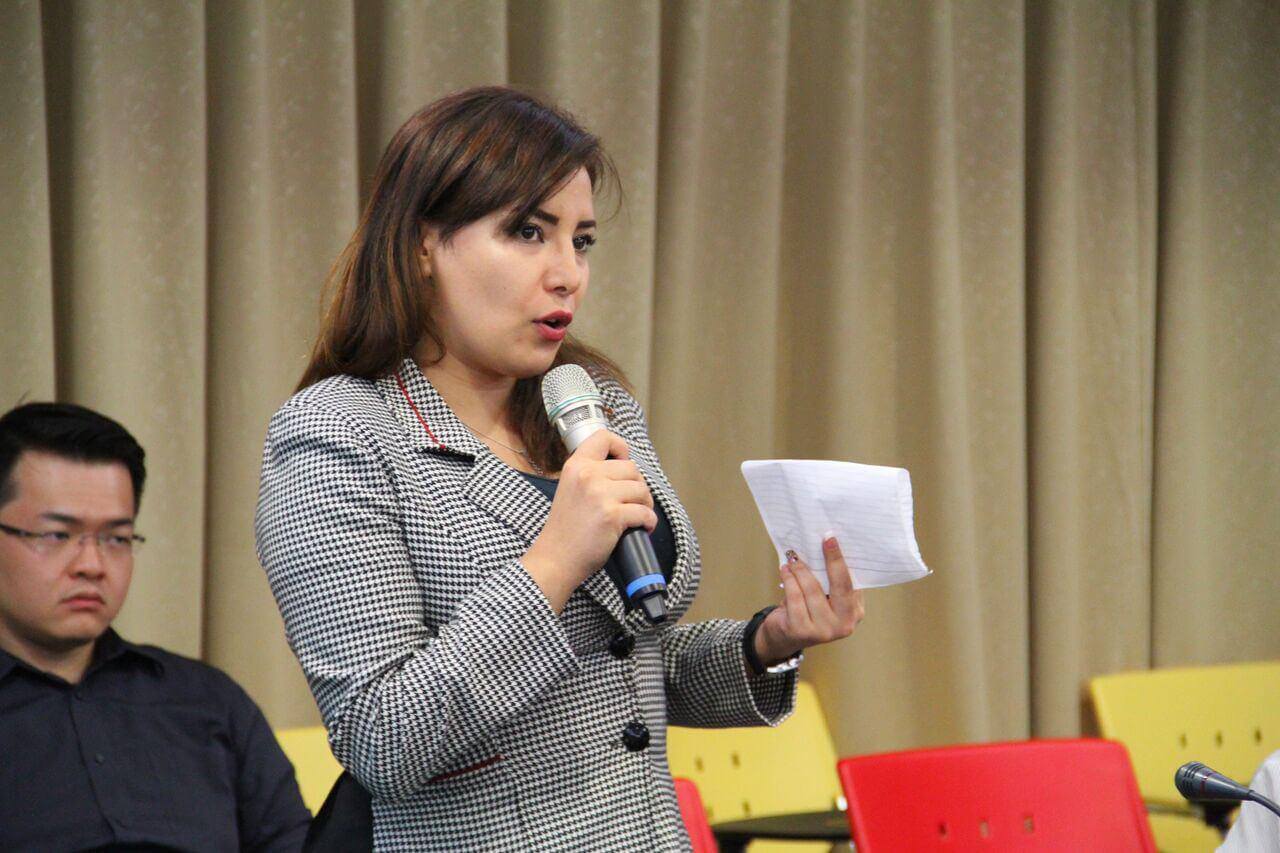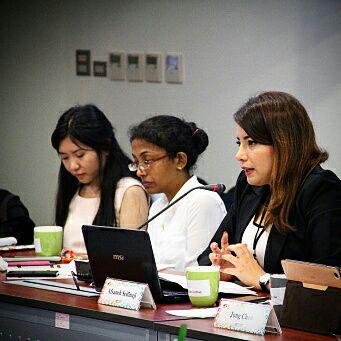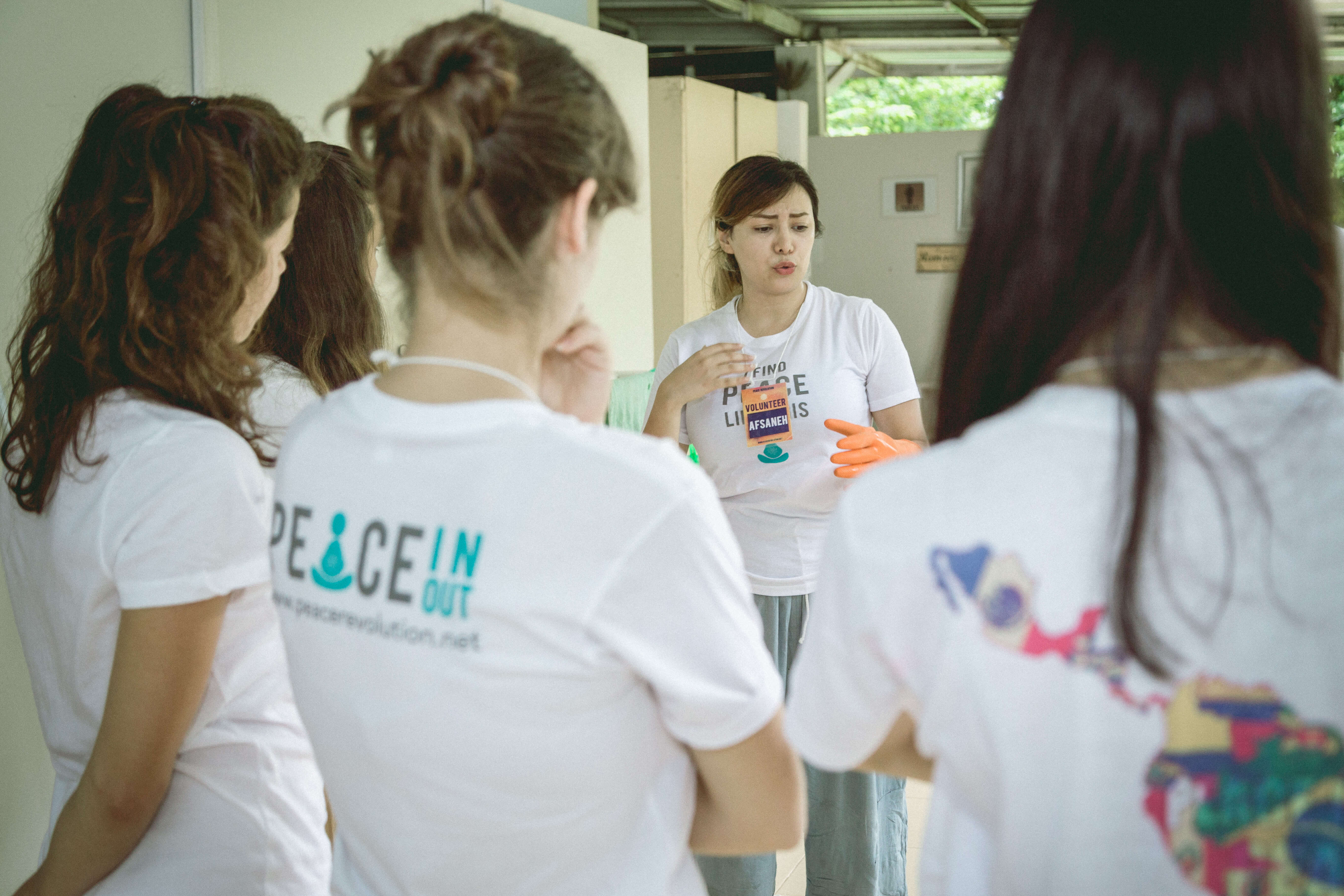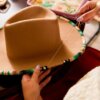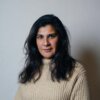“We cannot conceivably achieve a peaceful life merely by relaxing the tensions of sovereign nations; there is an unending supply of them. We may gain a breather by relaxing a tension here and there, but I think it a fallacy that a mere easement, or diplomacy triumphant, can ever be the whole base for peace. You could relax every last tension tonight and wake tomorrow morning with all the makings of a war, all the familiar promise of trouble.”
– E.B White on Justice and Peace
The mindset from E.B White’s quote of building a base of peace is what keeps Afsaneh sn going, and changing the narrative of Peacebuilding in Iran. Afsaneh Seifinaji is a Writer, Journalist and International Affairs Consultant who grew up in Tehran-Iran.
Afsaneh is the co-founder of YARA Women Entrepreneurship Association and a peace agent in World Peace Initiative Foundation. She’s seen so many women suffer from depression due to the political situation and compulsory rules and regulations against women in Iran. She has the dream of helping women in Iran find their inner peace in order to cope with their hectic daily life and start to develop.
Afsaneh has already held 10 Peace workshops, all voluntary works in hospitals, universities, NGOs etc. She is a change maker and her ideas about inner peace training consist: 1. Teaching how to meditate 2. Illustrated lectures on how everything in the world is impermanent 3. Mandala Art activity (a psychological activity for stress release) 4. Anger Management 5. The importance of inner peace in overall satisfaction in life.
For Creative Girls: Tell us your story. How did you get started in Peacebuilding?
As a girl growing in a conflict-affected country (Iran), who happened to start working at the age of 14 –as a journalist- I have always been affected by the damages done in my country. I witnessed the consequences of war in my parents who were directly affected by it and in my generation who has not been in the war but highly affected by the mental remaining of war in the country.
For so many years, I was interviewing people and carrying on the huge amount of negative energy from the people in my country. Iran has been ranked to have the angriest people in the world! Nevertheless, who are we to judge? These people have been suffering from 8 years of war, hunger, blood and so many other damages. We have been always got suppressed by rules and regulations by the government and observing this plus my own personal challenges in life made me eager to be a peace builder and spread the culture of peace in my society.
You speak four languages! Is that intentional because of your work in Peacebuilding?
Well yes to some degree. I speak Persian and Turkish as my mother tongues but I put too much energy to learn English (Which I am fluent in it now) and then Spanish to be able to communicate easily in my international activities. I could not speak one word of English until the time I was in high school! Then I started to earn very little amount every month. I remember for some years, every 3 months I had to pay my whole salary to my English classes because my family could not afford my curricular activities payments and working so hard in order to continue my English classes got me even more eager to study hard and excel in this language.
So here I am today, a proud peace builder, a manager who graduated as the top student in masters of International Relations from one of the best universities in Iran who trains at least 500 people per year☺ with the wish to reach UN headquarters one day to speak out.
In your opinion, what is the role of Art in Peacebuilding?
I believe art mostly is created from a deep pain in the body and mind and artists are an elite class in the society who could turn the mental feelings into unique creations and can be great agents of peace.
However, here is the problem: why don’t we see many artist peace builders? Because this is an emerging approach which needs passionate people to lead artists to walk the path of peace. Sometimes one single picture or a painting can speak better than 1000 page of writing. We need more NGOs and associations to work on the contribution of art and culture in the reconciliation process in conflict-affected areas.
I, myself am working on the art of inner peace. We need to train people around the world to get the ability to find the power of inner peace as a life-changing ability. I published an article about “How I find inner peace” in UN Asia Pacific website which indicates my personal challenges toward finding peace, You might find it interesting and you are welcome to use the content in case of your interest: http://asiapacific.unfpa.org/en/news/youth-blog-inner-peace
We were at a Peace Summit last year, and a couple of women spoke about how women have been instrumental to Peacebuilding in different nations. What is your view on this?
Women are the most suffering part of the societies who are working on the peacebuilding and reconciliation. Women have to fill different responsibilities but yet the final decision makers are mostly men. In my country, one of the main challenges that I face is the eternal line of discriminations that exclude women to be the decision-makers in the projects. This also does apply to all the jobs that women and men are working together. They are paid less and they have less saying, still carry on the most responsibilities.
A high-level review of United Nations Security Council (UNSC) resolution 1325, underlines the need for gender-sensitive approaches to peace and stability in post-conflict contexts. However, we cannot implement the resolutions unless we work on the infrastructures. As long as we face inequality in all extents in one society, peacebuilding process won’t go further and women only are the tools and instruments for show-offs. That is why I work on speeding the culture of inner peace, which brings people closer together to understand the notions of unity and love and equality.
What does every day look like for you? How do you stay productive and make sure you get work done?
I have a habit of carrying different responsibilities at the same time (no, no, not amazing! It makes me less concentrate on different responsibilities). Therefore, I wake up at 6:30 every morning, take 30 mins to one hour enjoying the silence in the morning and planning for the day ahead. I write a list of activities and emphasize on postponed activities, then I start working and crossing the responsibilities over (but I’m human as well, some days I excel so good in different levels of procrastinating that I think I deserve a procrastination Ph.D.!).
However, the joy of crossing over duties during the day makes me energized to carry on the daily responsibilities. I also use the 25-5 rule (there is an app named Pomodoro, tomato timer). Based on the app humans can work perfectly for 25 minutes and after that, they need at least 5 minutes off. It boosts my energy and I use this 5 to 15 minutes walking, stretching, making coffee etc.
Every day I have the chart to do some activities to make money but also plan a program for future and that is my secret to achieve my dreams.
Tell us some of your plans for the near future.
I just finished managing and facilitating Tehran International Peace Tour and I managed to train more than 400 people about the notions of inner peace, anger management, stress release, mediation, negotiation and etc throughout seminars and workshops in my university, NGOs and etc.
Although I feel extremely tired, the journey will not finish here, I was chosen to be the executive team member in Women Peace Summit on September 2018 and we are in the process of strategies writing.
On the other hand, I am planning another peace tour with my Bulgarian peace partner in Egypt and meeting with some Iranian Peace NGOs to hold more peaceful sessions in Iran☺ So much to do!
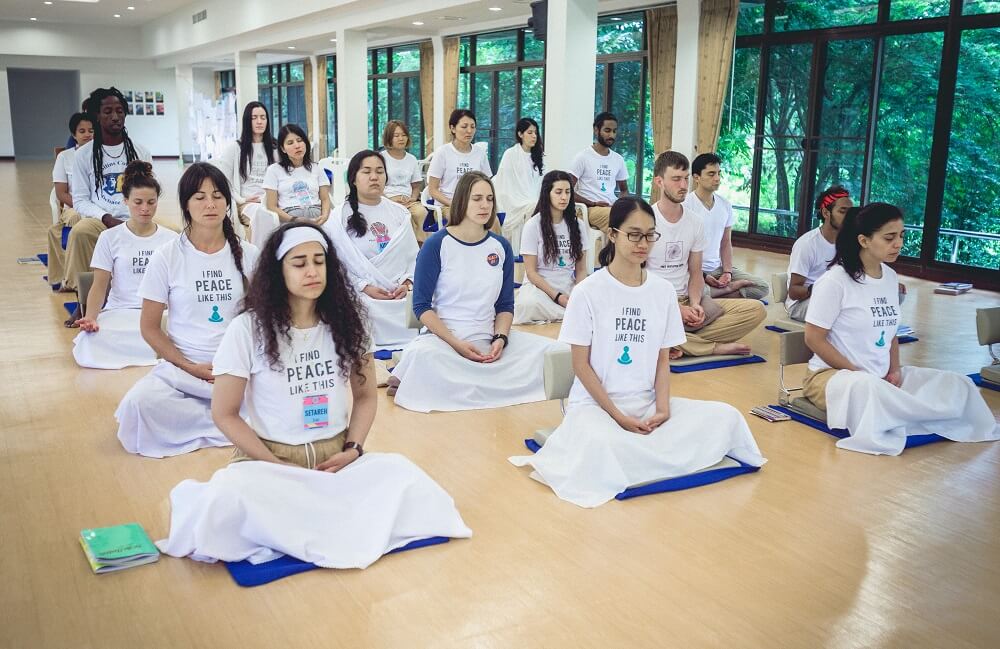
1) The definite number one is Sheryl Sandberg, her empowering book “lean in” was an amazing source of inspiration for me.
The
2: Oprah Winfrey: She empowered so many women around the world regardless of her hardship in life and I admire her so much.
3: Ashley Graham: The plus-size supermodel and body activist who is so comfortable in her skin and teaches women all around the world to love themselves and their bodies in whatever shape they are.
Your favorite books and websites.
My favorite book as I mentioned above is “Lean in” written by Sheryl Sandberg and the book “Deranged Marriage” by Sushi Das the memoir of an Indian journalist growing up in London.
My favorite website is Humans of New York which is the stories of a people being interviewed on the street of New York and their life stories. I also check opprotunitydesk.com regularly and always advice it to people in my community because this website always introduces the best international opportunities for ambitious people and I get to travel to 13 countries and made me the person I am today!
Also in the news section, who can compete with BBC! I read the news in BC Persia every day because I don’t trust news agencies In my country.

